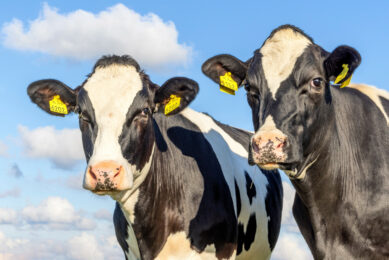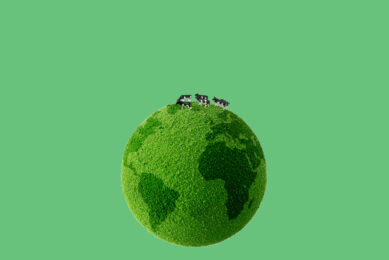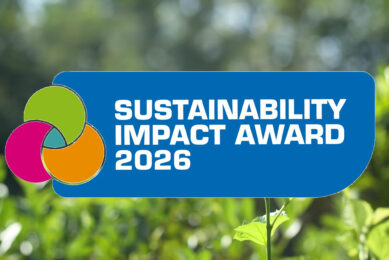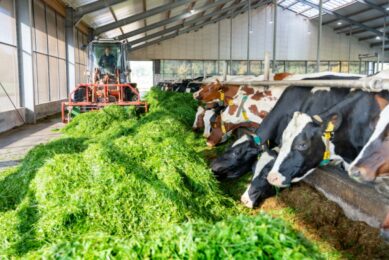Phytogenics: Plant power for a sustainable future
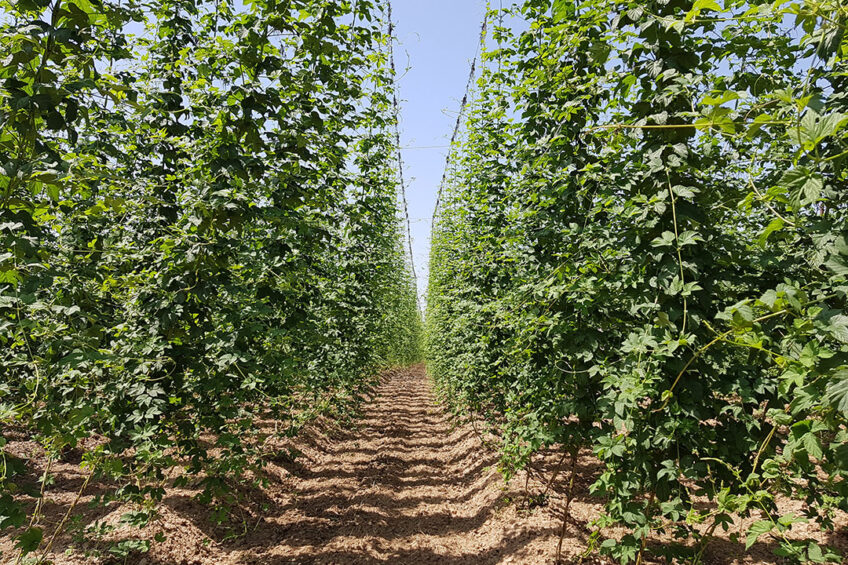
Phytogenic feed additives are the key to a future profitable production of feed and food. Why? Because the only way to safeguard businesses against future crises and to succeed in the long-term lies in sustainability and welfare. Phytogenic additives will help us to achieve this.
For decades, the global demand in animal protein has been on the rise, corresponding to the growing world population. In our united fight against hunger and malnutrition, the production of high-quality animal protein is of crucial importance. In addition to quality, it is above all a question of using and utilising the available resources in the best possible way. Thanks to the constant development work of feed manufacturers, new and better processes and technologies have been established over the years to ensure that existing resources are used more efficiently and that the growing demand for animal protein can be met without any significant increase in production volumes. Here, effective feed additives help to ensure that feed is optimally utilised, emissions are reduced and nutrient management is improved in regions with intensive livestock farming.

Healthy animals=healthy people
Healthy animals are the foundation for healthy people. And healthy people are the basis for a stable and productive society, not only during or shortly after a pandemic like the one we have been witnessing. As a result, the question of animal welfare is becoming increasingly important for feed manufacturers as well. After all, animal feed as the first link in the food chain is the right starting point for measures to improve animal welfare and thus animal health. Companies in the agricultural and food industry are increasingly including animal welfare in their sustainability strategies.
Phytogenic additives are the hidden champions of animal nutrition. They stimulate the animal’s immune system, making it more resistant to disease and external environmental factors, while also affecting barn hygiene and climate. The right feed additives prepare the animal to cope better with infection. This enables the farmer to reduce medication use, especially that of antibiotics, helps prevent the formation of uncontrollable microbial resistance and promotes both human and animal well-being and health. Furthermore, improved animal welfare increases livestock efficiency, thus saving resources, increasing margins and profits, and enabling the development of new markets and access to new customers.
Helping the climate using feed additives
According to all expectations, in the future more people will have to be fed with less resources (water, farmland and/or rural labour). Therefore, we need more efficiency in production to ensure that resources and raw materials are used effectively, emissions are reduced and feed and food losses are prevented. Again, sustainability and animal welfare are the way to achieve this. Here are 2 examples.
First, take dairy products. Milk production is a major source of methane and requires enormous amounts of fresh water. By increasing efficiency, we could save resources and help combat climate change. That’s where feed additives come in. For milk quality can be positively influenced by the right feed additives. Somatic cell count, a major indicator of milk quality, is the most important benchmark for udder health. When the number of somatic cells in milk increases, the prevalence of mastitis (inflammation of the udder tissue and mammary glands due to bacterial infection) rises too. This is a highly painful condition, leading to a loss in milk production for human consumption. It is also the most common and costly disease affecting dairy cows. A recent trial in Germany showed that cows fed a phytogenic feed additive had a significantly reduced somatic cell count compared to the control group (Figure 1). Even when the feeding groups were rotated, the somatic cell counts consistently decreased with the feed additive and increased with its removal.
Figure 1 – Impact of a phytogenic feed additive on somatic cell counts in dairy cows.

How does this help the climate? Imagine that we could use this feed additive and reduce the somatic cell count of all dairy cows. We would increase milk production while keeping the number of cows constant. This would take efficiency to the next level. Achieving more with less should be everyone’s concern. This is what responsible consumption is all about. Animal feed is the first link in the food chain and thus the right starting point for measures that ensure responsible production and consumption. Efficiency is key to achieving responsible production while reducing our ecological footprint. Simply changing the production method results in saving a huge amount of resources. Another example: In 2018, 304.6 million tonnes of chicken feed were produced worldwide. Oilseed meals, such as those made from soya, account for 20–30% of the poultry diet. Soya is the second largest agricultural driver of deforestation worldwide. In the Brazilian Amazon, the forest is being ploughed to make room for more soya production. The loss of these native habitats will accelerate climate change. Phytogenic feed additives could help reduce deforestation.
Chicken protein plays a crucial role in world nutrition, for chickens are not only cheap and easy to care for, they have an outstanding feed conversion rate, converting 1.8 kg of feed into 1 kg of meat. In contrast, a pig has to eat 3 kg and a cow 7 kg of feed to produce 1 kg of meat. That makes chicken a champion of efficiency. With the help of phytogenic feed additives, it is possible to decrease the feed conversion rate by up to 4% (Figure 2). If all farmers were to use such additives, it could save up to 12.2 million tonnes of feed and 3.6 million tons of soya every year.
Figure 2 – Impact of a phytogenic feed additive on performance in chickens.

Sustainability and success
We will never achieve sustainability without adequate investment in good nutrition. But we have the tools at our hands. Feed additives help improve performance by increasing animal growth, consequently producing more protein to combat hunger. We can have a positive impact on food safety and security by reducing the use of medication. And we can reduce our ecological footprint by improving efficiency. Feed additives help avoid loss of food and feed in storage.
By this, we play a vital part in securing the health and stability of our societies, nations and industries. There will always be new challenges and new crises. The best we can and must do is to strengthen people and businesses against their impacts. Agriculture is the key industry to secure the future for our world. All players along the value chain can, within their respective capabilities, play their part in improving animal welfare and striving for sustainability. Feed additives, with their contribution to safe feed, sustainable production and healthy food, are without doubt a crucial part of this solution, a solution we all have to aim for. Because sustainability and animal welfare pay off, for everyone. And it all starts with the feed.
Author:
Dr Bernhard Eckel, Vp, Dr Eckel Animal Nutrition, Germany
Join 13,000+ subscribers
Subscribe to our newsletter to stay updated about all the need-to-know content in the dairy sector, two times a week.



